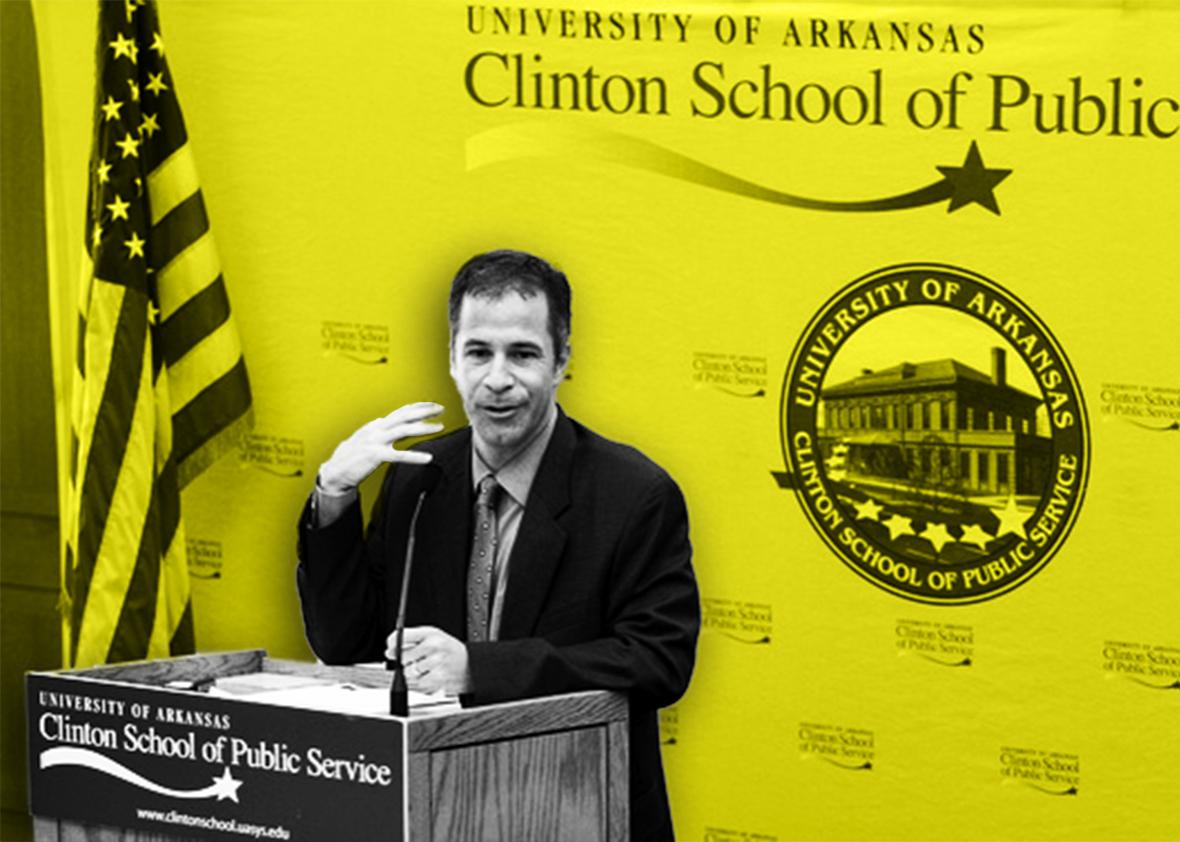Listen to this episode of Working with guest Jim Gerstein:
Subscribe in iTunes ∙ RSS feed ∙ Download ∙ Play in a New Tab
This season on Working, we’re speaking to individuals employed in fields potentially imperiled by the Trump presidency. These are the stories of people doing difficult but important jobs—jobs that may get much more difficult and much more important in the years ahead.
From a certain perspective, Donald Trump’s electoral victory felt wholly anomalous, partly because the polls seemingly failed to predict it. To better understand how those numbers came together in the first place, and where such research goes from here, we spoke to Jim Gerstein of GBA Strategies, a firm that that conducts public opinion research and qualitative polling for democratic candidates, advocacy groups, and others.
As Gerstein explains it, his company’s work differs from that of more immediately recognizable, less partisan organizations like Gallup in that it focuses primarily on the needs of particular clients. “We’re trying to figure out [how to] move voters, move Americans, to the positions that your client wants,” he tells us in this episode of Working. But to do that, they employ many of the same tools as the familiar names. He breaks down some of those methods for us, including quantitative surveys—which help them figure out what people believe—and qualitative focus groups, which speak to why they believe it.
Though Gerstein works from a partisan perspective, he also speaks in this episode to the importance of getting beyond his own beliefs and expectations. “We aren’t doing our Democratic clients or progressive organizations any benefit by bringing a biased perspective to the table,” he says “We have a goal of winning, but the process has to be very balanced and unbiased in order to achieve the goal.”
As he tells us, the demands of rigor play out even in the way his company composes questions for its surveys. “A good survey … needs to be a balanced discussion in order to get high-quality responses,” he says, adding, “if we’re only presenting one side’s arguments throughout the survey, you’re going to see people on the other side drop out.” That means he sometimes ends up generating information that his clients don’t want to hear. The “hardest conversations,” as he puts it, are those that he has with representatives of a campaign that’s giving it their all but still losing.
While some may have come away from Trump’s victory skeptical of polling more generally, the new political climate has Gerstein busy as ever, maybe more so. “I’ve never been so focused on a midterm election so far out,” he tells us.
Then, in a Slate Plus extra, Gerstein talks about how he got started and how his work on Israeli electoral politics shaped his career. If you’re a member, enjoy bonus segments and interview transcripts from Working, plus other great podcast exclusives. Start your two-week free trial at slate.com/workingplus.
Email: working@slate.com
Twitter: @Jacob_Brogan
